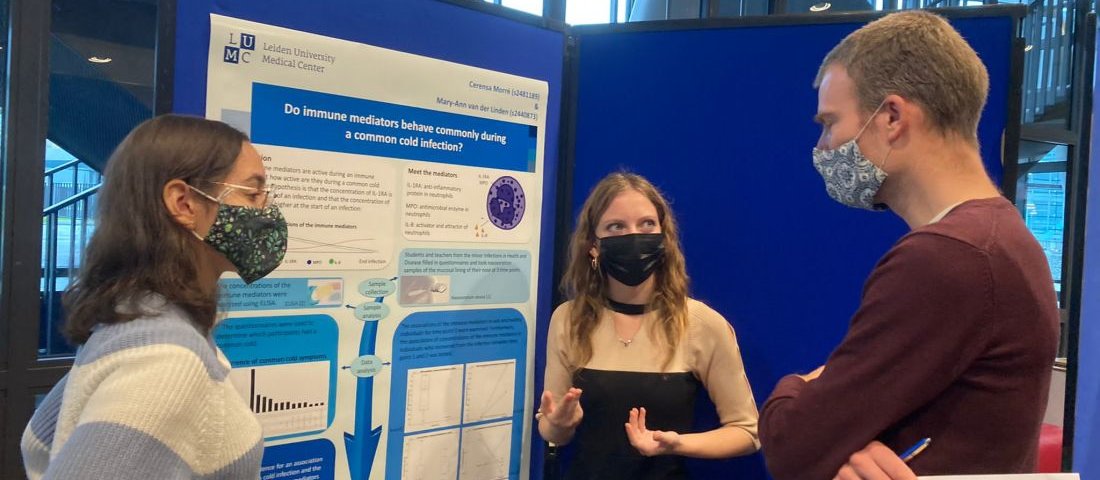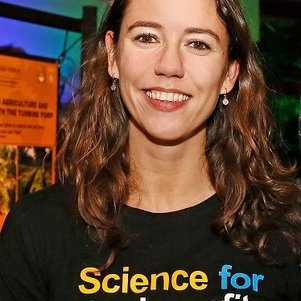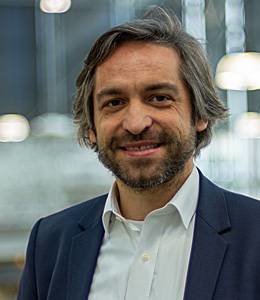Interdisciplinary Research Workshop ‘Housing and Health’ between TU Delft | Global Initiative, LCAB and LUMC Global comes to a successful close
Interdisciplinary Research Workshop ‘Housing and Health’ between TU Delft | Global Initiative, LCAB and LUMC Global comes to a successful close
Last month we kicked off the pilot study on housing and health, set up by the TU Delft | Global Initiative, Leiden Center for Applied Bioscience (LCAB) and LUMC Global in which 6 groups, consisting of students from all institutes, joined forces to analyse the correlation between spatial conditions of residential neighbourhoods and buildings, and health. All groups developed a comparative analysis of two neighbourhoods in The Hague, with each group looking at different neighbourhoods. Last week, on November 10, they presented their findings and suggestions on the central theme: how do we build a pandemic proof and healthy city?
After poster presentations from all student groups, dean Prof Pancras Hogendoorn (LUMC) kicked off the end presentation round at the LUMC by giving a heartfelt introduction to all students. He stressed how valuable this pilot study was to showcase the value of interdisciplinary learning, looking at the same problem from different angles. “A project like this really highlights the things you are really good at and where you need others to fill in gaps in your knowledge”, says Hogendoorn. He closed his introduction emphasizing the importance of follow-up work and research on the urban and health project, to which one of the coordinators, Prof Nelson Mota (TU Delft), added: “This project paves the way for something bigger. We just entered the door of a big building.”
All groups then proceeded to present their work and findings, coming to interesting conclusions to create the pandemic proof and healthy city of the future, considering the influence of residential and urban density, dwelling space, biodiversity and greenery in, around and on buildings, social distance, infrastructure, outdoor air microbiodiversity and ventilation, natural light, urban form, hygiene, lifestyle, safety and mental health. A very elaborate list, although we probably missed some elements the students mentioned given how precise they went about the central problem. Even though all students worked with small samples and stated no significant conclusions could be drawn as a result, they were clearly on to something, matching exactly with the professors’ expectations and desire for follow-up research and practical work.
All in all, the five-week pilot study proved invaluable to both students and professors. The course acts as an important starting point for future collaborations between TU Delft, LUMC and LCAB, and their students. Hopefully next year, we can expand our efforts internationally (which, due to COVID-19, was not possible this year) to give the subject the substance it deserves.
To all who helped set this up, thank you! But most of all to all the students who joined and presented such wonderful work, thank you very much!


